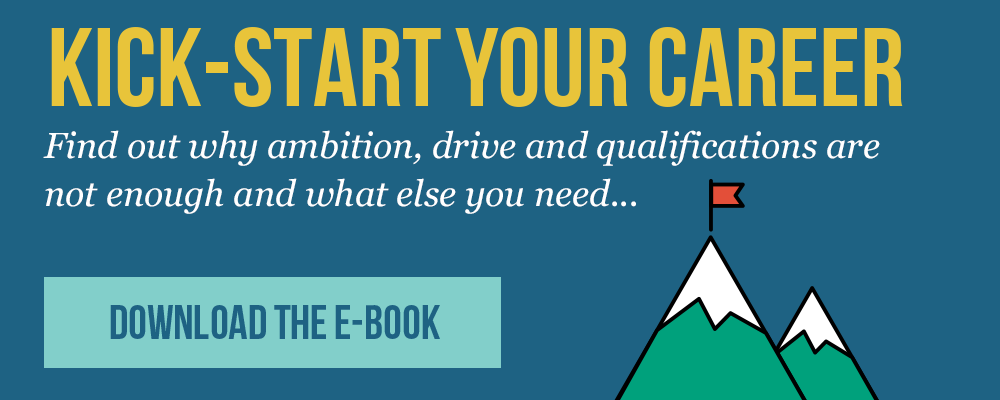
The digital age has given us plenty of life changing things – Uber, WhatsApp, eCommerce, etc., not to mention the myriad tools that assist with education. All but gone are the days when students lugged large tomes to lectures and handed in hard copies of coursework. That said, the digital age has also accelerated change at an alarming rate. Keeping up with technology and how to apply it to your own faculty is no easy feat, especially when your department’s curriculum are competing with those of other departments and universities on a global stage. But there are things you can implement when leading curriculum change and bringing your department into the digital age.
The students of today enjoy a very different learning experience at university to the students of ten years ago. Email communication and the use of the internet for research and study were already in full swing, but summed up the extent of digital learning at the time. Leading curriculum change requires the incorporation of a lot more technology, especially if your faculty is to outperform other departments within your institution and other universities.
Introducing more online learning tools is a great start to leading curriculum change
Have you thought about adding simulations, online tutorials or online group assignments to your lecture mix? The traditional use of lectures doesn’t suit every student’s learning style, and offering them a variety of learning touch points will keep them engaged and motivated (ingredients for good exam results). If students come to lectures having already completed an online assignment, more time can be spent interacting than instructing – a great value add.
Meet your students where they already are – on Facebook
Collaborative online working environments – such as Google hangouts – are another effective tool for encouraging group learning, and also allow you to monitor student progress in real time. Rather than spotting red flags at the end of term when exam and coursework results come in, you can identify students that might need extra tuition or assistance much earlier on, guaranteeing better prospects come exam time. For some students, a more sociable medium of learning facilitates better uptake. You can even incorporate social media into this and meet them where they already are (on Facebook!).
Offer free, open source online career courses to improve your department’s reputation
You wouldn’t be blamed for thinking that offering Massive Open Online Courses (MOOCs) could discourage students from enrolling in full time study. Yet, research suggests that offering open source educational resources can actually improve a university’s reputation and strengthen brand value. And if Harvard and MIT have introduced the concept, it can’t be such a bad idea. There are even those that predict that the universities of the future won’t operate as distinct units, but as a network of students, academics, industry players and knowledge. If your department has the means to adapt some of its curricula to create Open Educational Resources (OERs), you’d be taking a valuable step towards this new, innovative paradigm.
Give your students the opportunity to develop skill sets not offered by your core curriculum
Another approach to leading curriculum change and modernising your department is to incorporate self-blended learning to your students’ course content. This involves enhancing their current content with online learning modules that they complete individually and at a pace that complements their study and lecture schedule. The advantage of this is that they can learn skill sets that aren’t currently offered by your faculty, thus making your department a more attractive place of study to prospective students – but without the investment of time and money that would be required if offered directly through the department. Not only this, but offering your current students modules that go above and beyond their current curriculum will positively impact overall student experience and improve destination metrics – read our previous blog for why this is important – as students are better prepared to find work after university.
Curriculo’s Industry Engagement Programme (IEP) enables students to develop the necessary skills that employers are looking for in the current job market – skills that most universities don’t develop within the career course curricula. Leading curriculum change can be as simple as offering career development courses that empower students and prepare them for promising future careers.


